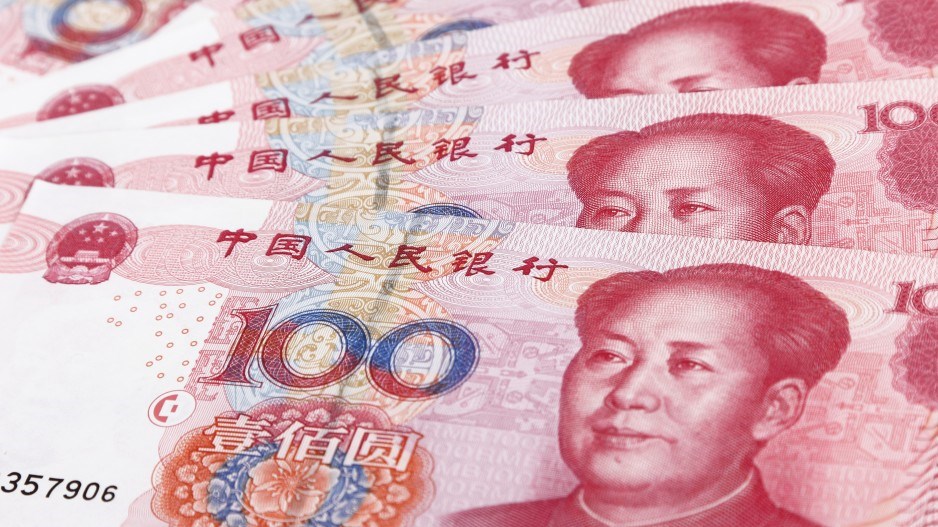Beijing’s tighter controls on capital outflow would curb outbound investment by Chinese firms in the short term, possibly stalling some high-profile deals, according to market watchers.
But they expect the trend of mainland enterprises expanding overseas to revive once the authorities relax restrictions in the coming months.
Stuart Crow, head of Asia-Pacific capital markets for Jones Lang LaSalle (JLL), said investing overseas was a strategic move for most Chinese investors.
“While there may be some short-term slowdown or delay, we expect few long-term structural changes. The trend of Chinese capital going out for real estate is not stopping. If anything, it is going to gather momentum due to the enormous capital base in China,” Crow said.
In 2016’s third quarter, China overtook the United States to become the largest international property investor, having invested nearly US$18 billion in commercial property assets around the world in the first three quarters of last year.
Denis Ma, head of research at JLL in Hong Kong, said mainland buyers have invested more than US$2.9 billion in Hong Kong’s commercial property market this year, more than the combined amount of the next four cities it looked at in Asia-Pacific.
“The expected slowdown in deal flow is likely to also curtail the run-up in prices we’ve seen over the past year given that mainland buyers have been the most aggressive in bidding up prices,” Ma said. Meanwhile, Stanley Wong, capital market director at CBRE (NYSE:CBG), said real estate deals involving more than HK$10 billion could be affected by the policy.
“We also heard some deals were held up because the mainland buyers had not secured government approval to remit foreign currencies overseas despite submitting the applications in November and December,” Wong said. “Previously, approvals would be issued in just one or two weeks.”
However, he expects the rule might be eased after the Lunar New Year, noting that restrictions on capital outflow used to be tighter at the end of a year.
Wong said the investment market is basically dominated by deals worth about HK$2 billion to HK$5 billion.
He said Hong Kong, Britain, Singapore and Australia would continue to be the hot spots for investors.
In order to attract investors from Asia-Pacific, Burlington Arcade in London, an iconic shopping area in the city, is up for sale.
The arcade is the longest covered shopping street in Britain with approximately 37,000 square feet of retail space and a combined frontage of more than 1,100 square feet, according to sole agent CBRE.
Surveyors estimated the retail premises will fetch £400 million.
Savills said overseas investors deployed more money into central London last year than in 2015. It said overseas investors spent £12.62 billion, accounting for 79% of the £15.91 billion total turnover in central London in 2016.
Investors from Hong Kong poured £1.61 billion into central London, while mainland investors deployed £1.52 billion in the city last year.
Oliver Watt, Savills director for Asia, said the restriction was unlikely to pose a severe threat to property investment in London.
Watt said that while mainland companies faced challenges sending money out of the country, “they can proceed with their overseas investments through other alternatives – including their Hong Kong-listed vehicles or offshore units – to raise capital.”




